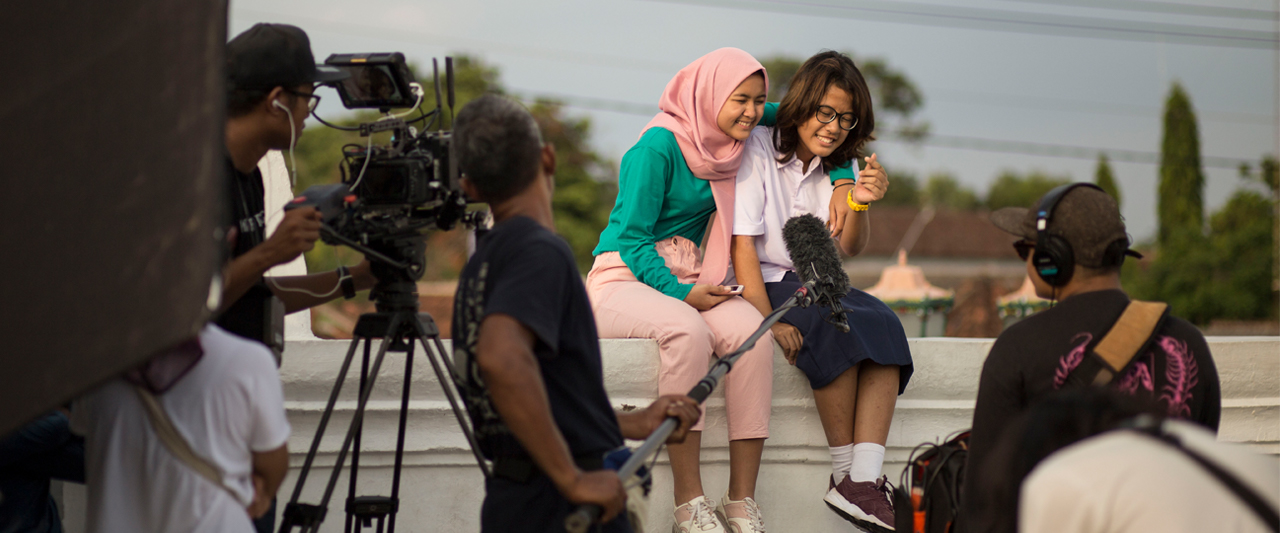Coronavirus cases are on the rise in Indonesia—more than 300,000 cases, with more than 11,000 deaths so far. For young people across the country, learning from home is now crucial, including the ability to access information about sexual and reproductive health care.
On August 3, junior and high school students nationwide were able to watch from home, via statewide television, a short “coming of age” film highlighting the complexities of teenage pregnancy. In fact, they were required to watch it.
The film, Pindah Planet, was chosen by the Indonesian Ministry of Education and Culture to be part of a mandatory online learning program that has been broadcast by state-owned Televisi Republik Indonesia (TVRI) since June. The program covers topics ranging from environmental issues to comprehensive sexuality education (CSE). Pindah Planet was among the CSE content chosen by the ministry.
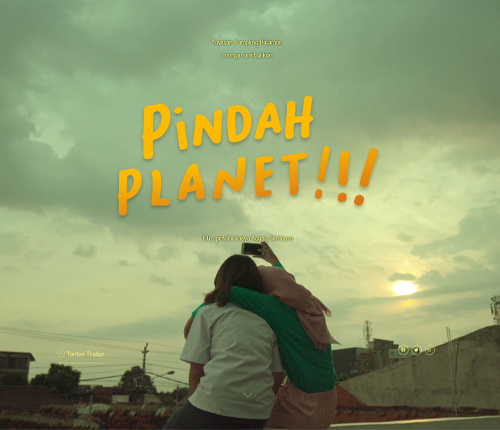
The film grew out of a collaboration between Ipas Indonesia, the critically-acclaimed filmmaker Agung Sentausa and the nonprofit organization Kampung Halaman, which works with partners such as Ipas to give young people a voice in their communities through participatory media projects. Cast with non-professional actors, Pindah Planet is a fictional portrayal of the friendship of two 15-year-old girls—one who is having her first menstrual period and also experiencing her first love, and one who is facing threats from her boyfriend who wants her to share sexy photos.
“Our aim is to reach a wide audience of adolescents and young people with a story that contains reliable information about teenage pregnancy,” says Marcia Soumokil, director of Ipas Indonesia. “Young people in Indonesia have a great unmet need for sexual and reproductive health services and information.”
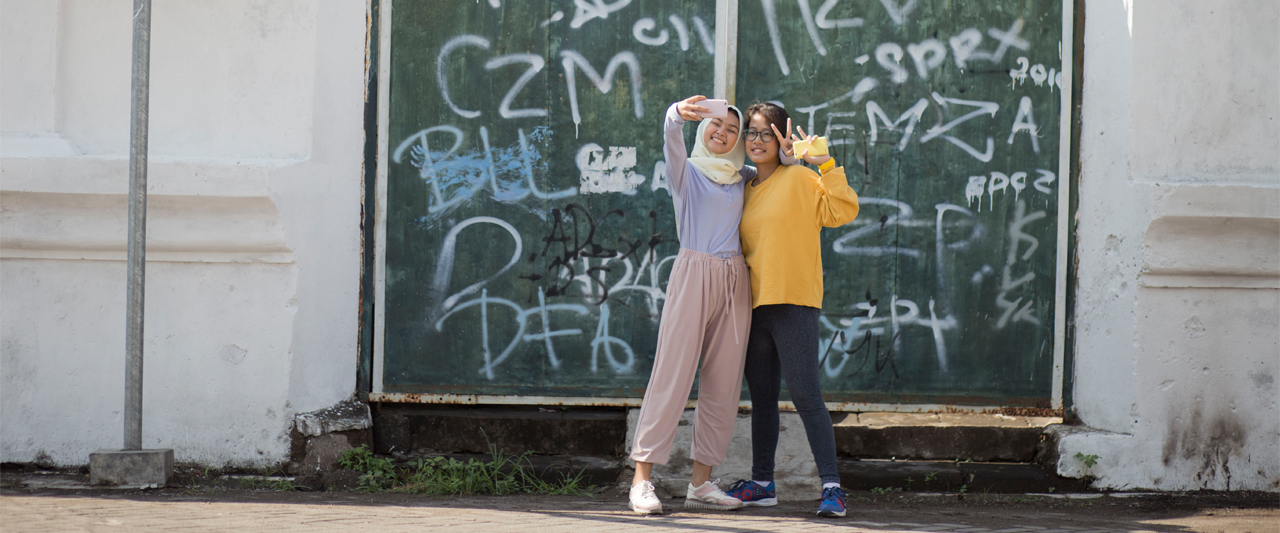
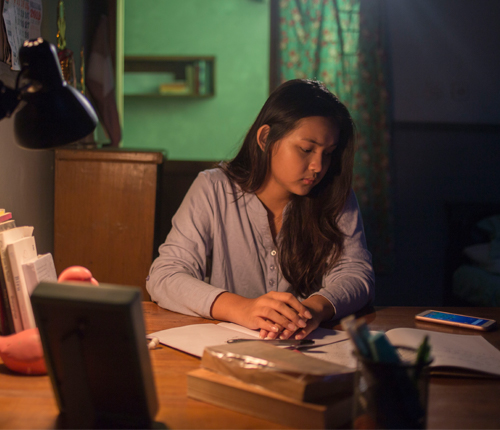
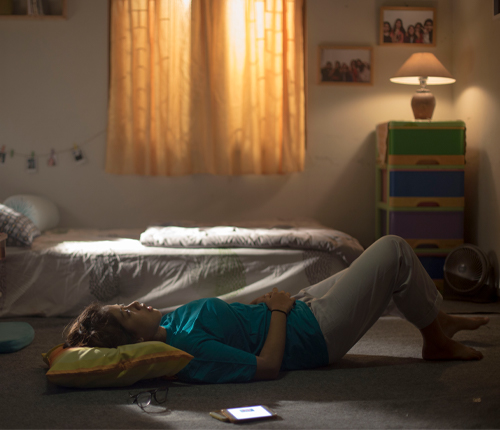
A 2017 demographic and health survey by the Indonesian government on adolescent reproductive health found that 12 percent of never-married women aged 15-24 reported having an unwanted pregnancy, and that 23 percent of those young women knew someone who had an abortion. Abortion is only legal in Indonesia under limited circumstances—a legal context that forces many women to resort to seeking unsafe abortions.
Nur Jannah, a senior advisor for Ipas Indonesia, says Ipas and others involved in the development of the script for Pindah Planet “consulted with young people throughout the process. It reflects a series of discussions about reproductive health issues with adolescents at Ipas-supported health facilities.”

When the 23-minute film was first launched several months ago, it was screened at diverse small events, with adolescents as the main audience. “After the screenings, we would facilitate group discussions with the audience,” says Jannah. “Getting these conversations started, especially among adolescent girls, is extremely important, because there is still a great deal of religious and cultural resistance to sexuality education in Indonesia.”
Now that the COVID-19 crisis has halted these in-person screenings, Ipas is working with Guru Berbagi—a collaborative movement of government, teachers and community activists—so that teachers can facilitate online sessions with students to discuss Pindah Planet and the issues it raises. “This is critical,” says Jannah, “ so that, even in the midst of this pandemic, we can keep these conversations going.”
While Pindah Planet has been shown on the television station TVRI only once to date, Kampung Halaman is in discussion with the ministry about potential reruns. In addition, other short documentaries with adolescent sexual and reproductive health themes, also produced by Kampung Halaman, are included in the ongoing programming.


